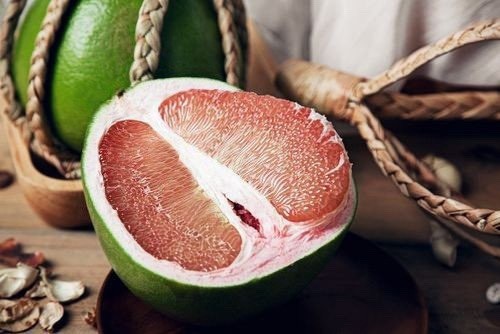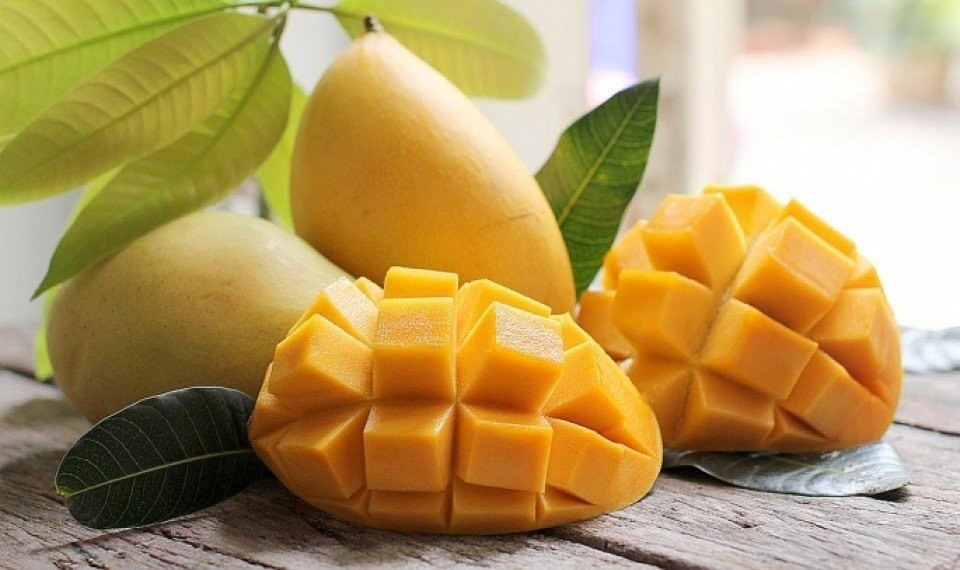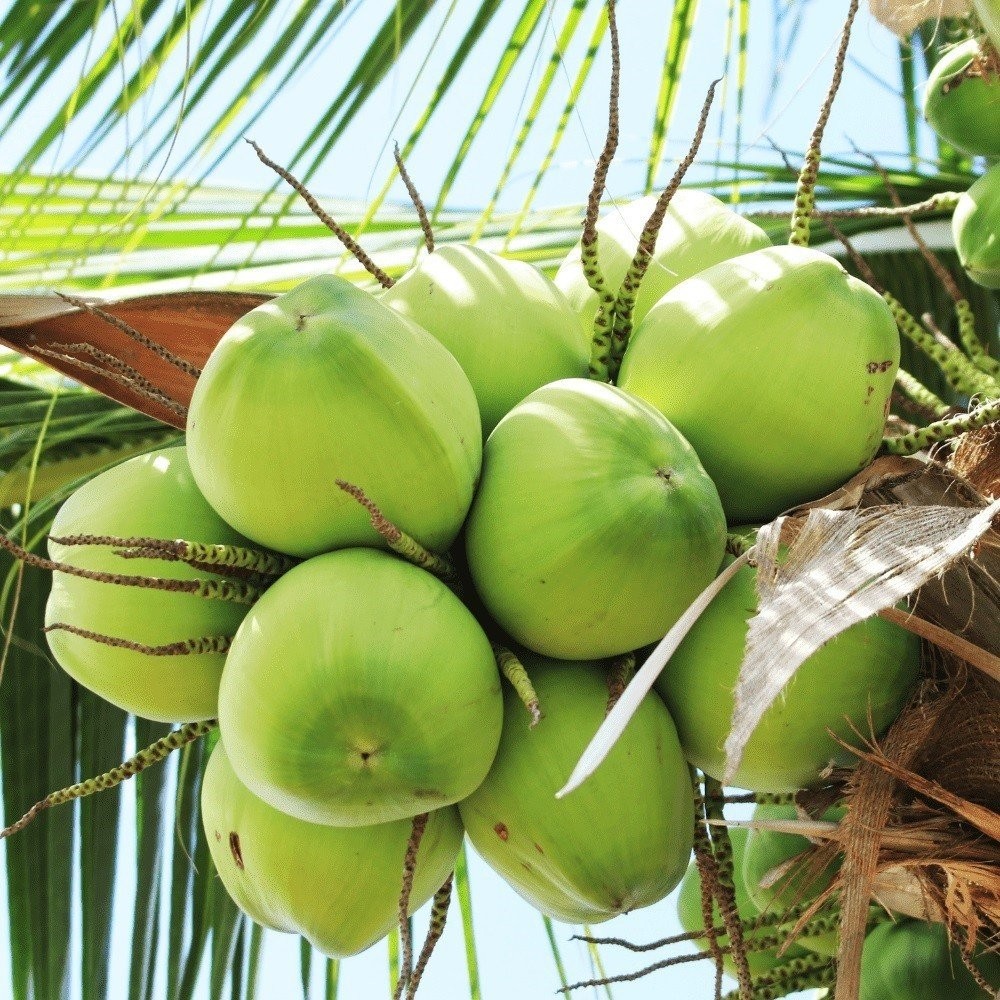-
The residue of pesticides must be lower than the legal regulations in the European Union.
Pesticide residue is one of the crucial issues for fruit and vegetable suppliers in the European market. The EU Union has set legal limits for maximum residue levels (MRLs), and almost all retailers strictly adhere to voluntary residue levels that are 50-70% lower than the EU MRL.
-
GlobalGAP and HACCP are necessary requirements.
As food safety is a top priority, GlobalGAP certification for farming and a Hazard Analysis Critical Control Point (HACCP) based food management system for processing or handling products are the minimum standards for selling fruits and fresh vegetables in Germany.
-
Focus on social sustainability.
In addition to food safety and traceability, ethical and sustainable supply sources are becoming increasingly important in the fresh produce supply chain in the European Union.
-
Labeling and packaging requirements.
With the increasing demand from EU residents, opportunities have emerged for growers and producers outside the EU. Businesses must be capable of producing according to strict EU standards as organic is a highly valued lifestyle for them.
-
Avoid retail packaging waste.
The EU Packaging Law sets increasing recycling targets for different packaging materials, making it mandatory for all businesses selling consumer-packaged products to register with the central packaging registration agency. In most cases, this responsibility falls on the importer.
For exporters, it is crucial to have stricter packaging procedures. When our business distributes pre-packaged fruits or vegetables in the EU, it is essential to check if the registration requirements apply to our enterprise.








 Zalo
Zalo
An intriguing discussion is worth comment. I do think that you should publish more on this topic, it might not be a taboo subject but generally people dont speak about such subjects. To the next! Cheers!!